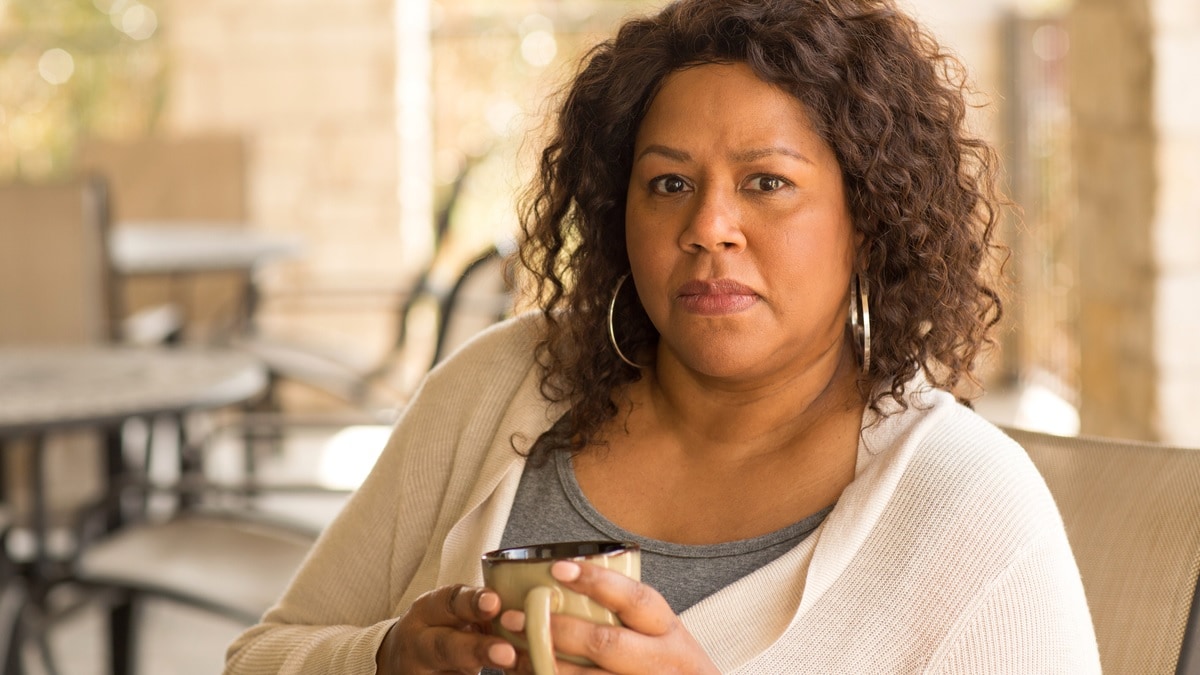What to know
There is no “right” way to feel after cancer treatment. Each person’s experience is unique. But here are some common emotions and ways to cope with them.
Stress
Life after cancer can be as stressful as treatment. Family life, work, finances, and staying healthy are a lot to deal with. Some ways to reduce stress are listed below. Try these or other approaches, and find out which work best for you.
- Physical activity reduces stress and eases tension, both physically and mentally. Physical activity releases endorphins (feel-good hormones). It also helps stretch out muscles that can become tight due to stress. Check with your doctor before you start to find out if there are any exercises you should avoid.
- Meditation and guided relaxation can help quiet your mind. Look for classes in your community or download apps and videos that you can use at home.
- Creative activities like art, dance, music, writing, or crafts can help you work out feelings, calm your mind, and give you something enjoyable to focus on.
- Sharing personal stories gives you a chance to talk about how you're feeling and hear how other people with cancer are adjusting.
Anxiety and depression
It’s normal to still feel angry, tense, or sad after treatment. These feelings may go away over time. If these emotions feel overwhelming, you could be experiencing anxiety or depression. Start by talking to your doctor about options. Reach out for help right away.

Loneliness
After treatment, it's easy to feel cut off from other people who may not understand what you're going through. You may also miss the support you received from your health care team. But support is out there!
- Ask your nurses and doctors if you can still call them. This can help you stay connected.
- Support groups—in person or online—are a great way to meet with other people who have or had cancer to share feelings, concerns, and journeys to a "new normal."
Anger
You may feel angry during and after treatment for a lot of reasons: the diagnosis itself, a bad experience with a doctor, or an unsupportive friend or relative. These feelings may go away over time as you settle into your new routine. The tips below may help.
- Ask yourself: What's causing my anger and what can I do about it? Answering these questions and talking about how you're feeling can help you manage your anger.
- Learn ways to calm your temper. You can learn ways to redirect angry feelings and reframe your thoughts.
- Focus on what you can control. Being involved in your health care, keeping your appointments, making changes in your lifestyle, or even setting your daily schedule are things you can control. When you feel more in control, you're less likely to feel frustrated and angry.
- Take action. Sometimes the best way to cope with anger is to join a cause. For example, becoming a cancer advocate could help give purpose and meaning to your experience.
Chemo brain
You may have heard about "chemo brain." Chemo brain is a term used to describe thinking and memory problems that may happen during and after cancer treatment. Emotional and mental health challenges such as depression, anxiety, stress, and having trouble sleeping can add to that foggy feeling. Chemo brain can also intensify feelings of frustration or anger. That's OK. These feelings can be managed.
Resources
- The National Cancer Institute lists common feelings that people with cancer have and offers helpful tips to cope.
- In the "Talk to Someone" simulation, Linda, a cancer survivor, gives advice on anxiety and distress. You can choose different options to get answers to your questions about making healthy choices.
